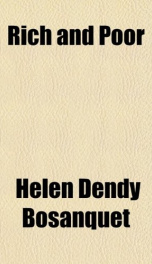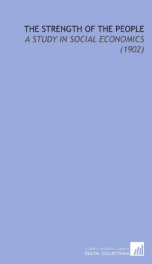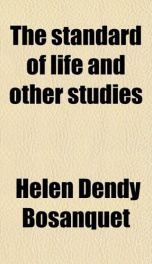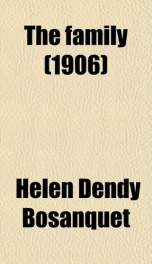rich and poor

Purchase of this book includes free trial access to www.million-books.com where you can read more than a million books for free. This is an OCR edition with typos. Excerpt from book: CHAPTER II THE PARISH AND ITS PEOPLE THESE are the most important of the institutions which have grown up to meet the manifold needs of our parish, and which find their counterpart in every parish in England. There is less uniformity about the people themselves than there is in their institutions, and every district will present different characteristics according to the rank, occupation, and density of its inhabitants. How shall I describe the present gener-' ation of our parish ? It is so varied that it is almost like trying to describe the inhabitants of a whole town, except that it contains no members of the leisured class in the ordinary acceptation of the term. A town composedI will not say of workers only, but of workers and of those who have fallen below the rank of workers. The class of parasites is a very large one, and contributes the larger share of the poverty in the district. But even amongst the workers themselves there are very marked classes to be distinguished, and if we are to understand our parish we must be careful to note these. In the first place there are the really " old inhabitants," whose families have been in this or similarneighbourhoods for generations. There are not very many of these ; like the old houses and courts in which they mostly live their numbers are swamped by the new-comers. For the most part they are, or have been, costermongers, and Very likely their ancestors occupied the same courts when they were little outlying hamlets. But not all costermongers are of this class ; the genuine coster " by descent" is a very different person from the failures who crowd into his business from all the other trades and professions in London. Just as every woman turns to a mangle as the one means of getting a living when all else fails, so every ...
Info about the book
Author:
Series:
Unknown
ASIN:
023020189X
Rating:
4.5/5 (4)Your rating:
0/5
Languge:
English
Users who have this book
Users who want this book
What readers are saying
What do you think? Write your own comment on this book!
write a commentGenre
if you like rich and poor try:
Other books by this author
Do you want to exchange books? It’s EASY!
Get registered and find other users who want to give their favourite books to good hands!





